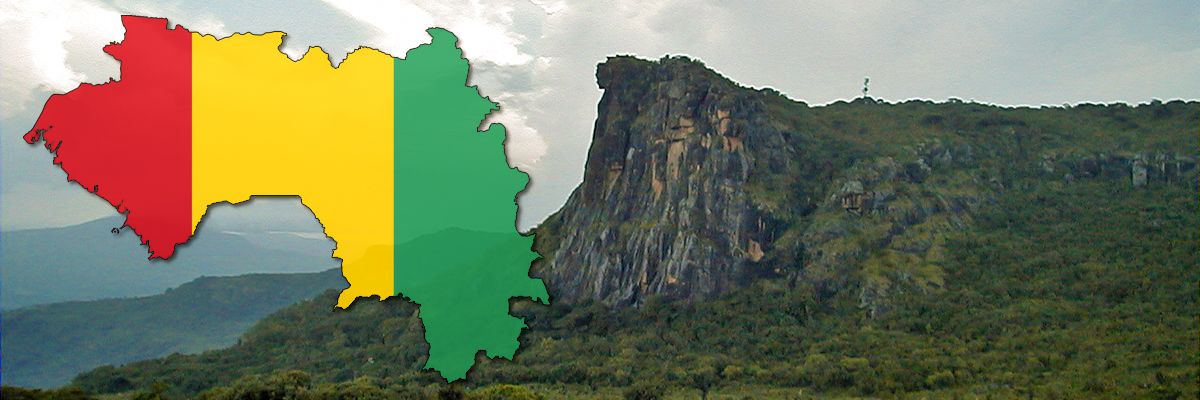
- This event has passed.
Guinea Independence Day
October 2, 2018

Guinea was part of a series of West African Empires (Ghana, Mali, and Songhai) ruled by the Muslims. It was during the 15th century that the region came in contact with the European economy. Guinea was invaded by the French army in the mid 1800s and was declared a French protectorate in 1849. France negotiated boundaries with the British for Sierra Leone and with the Portuguese for their Guinea colony (now Guinea-Bissau) and Liberia.
The Franco-Portuguese agreement, dating back to 1886, created the division between the Guinea Republic and Guinea-Bissau. In 1895, the French incorporated the Boke province, the heart of today’s Guinea republic, into French West Africa. The region became a unified entity, which was governed from Dakar.
Before decolonizing, French West Africa was dissolved in 1958. The founding of a Fifth Republic was supported by the French people. France’s colonies were given the option to choose between more autonomy in a new French community or immediate independence. All colonies except Guinea chose the former. Guinea, under Ahmed Sékou Touré’s leadership, won 56 of 60 seats in a 1957 territorial election, voting its way overwhelmingly to independence.
Guinea Independence Day – Traditions, Customs and Activities
Guinea’s Independence day is a national holiday to celebrate and honor the independence that it gained from France. The day is marked with public gatherings in the town halls where the elders and government officials gather and make speeches. This is followed by music and dance, during which the men and women wear the Guinean traditional clothing.

